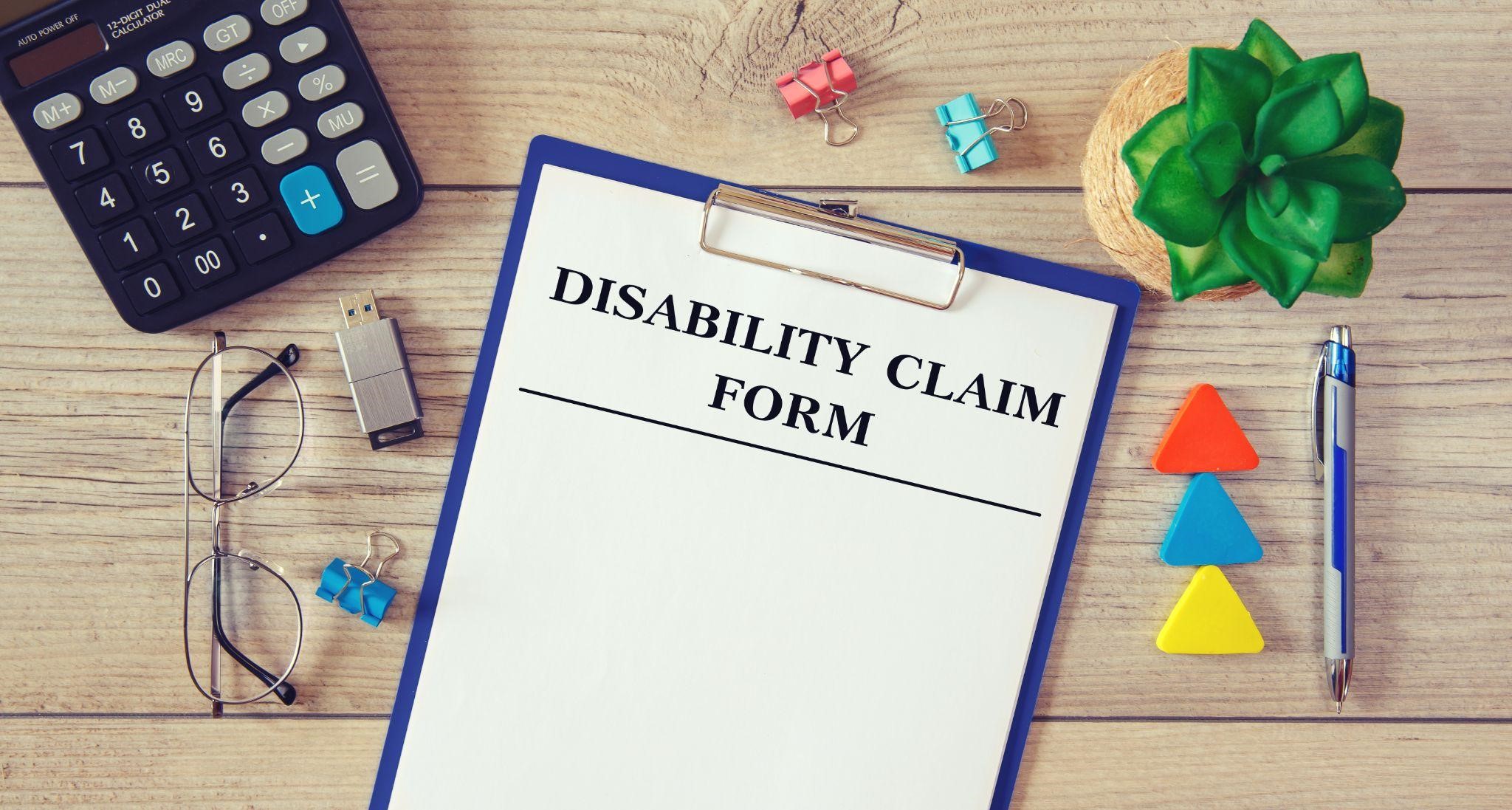Now Reading: What are the Conditions for Receiving a Pre-Settlement Funding in Georgia?
-
01
What are the Conditions for Receiving a Pre-Settlement Funding in Georgia?

What are the Conditions for Receiving a Pre-Settlement Funding in Georgia?
Pre-settlement funding allows consumers to gain finances while waiting for a settlement to come from a lawsuit. For example, if you have filed a lawsuit after being involved in a car accident that rendered you injured and left you with damage to your vehicle, you might need money sooner than your case is settled. In that situation, you might be a good candidate for pre-settlement funding. This is especially true if your injuries are serious enough that you are required to miss time off from work and pay for medical treatments.
It’s important to know if you qualify for pre-settlement funding. You must meet certain criteria to be eligible. You will also want to know a few additional facts about getting the funds.
What is Pre-Settlement Funding?
Pre-settlement funding, also known as litigation funding, is financial assistance provided to consumers who have filed lawsuits but are waiting for their settlement. It gives the individual a chance to receive some money sooner. At the same time, their case is still ongoing and is especially useful for those with limited financial resources.
Some cases might take as long as a few years to reach the desired settlement. Therefore, pre-settlement funding is so important. The lender offers such loans in a lump sum to give the person the chance to pay their rent and bills, receive the medical treatment they need, and have a little sense of security from financial cushioning.
You Must Have a Legitimate Lawsuit
First and foremost, to qualify for Georgia pre-settlement funding, you must have a legitimate lawsuit. That lawsuit must also already be in progress. It should have already been filed with the court. Usually, personal injury claims are the types of cases that involve getting pre-settlement funding. Of course, many of those types of cases are settled before things even get to the courtroom. However, you can certainly get pre-settlement funding if the defense is giving you a hard time, such as presenting lowball offers.
Pre-settlement funding can also help if you have difficulty paying your legal bills while your case is ongoing. You don’t necessarily have to be in the middle of your trial to get financial help.
You Must Have an Attorney
Another requirement for qualifying for one or more pre-settlement loans is having an attorney representing you. Often, companies that provide pre-settlement funding work with lawyers to determine how repayment will be made. Generally, individuals who don’t have legal representation at all will not be approved.
Overall, having an attorney on your side during your lawsuit is simply a wise move. Unless you have a legal background yourself, it gives you much better odds of having your claim end up successfully.
You Must Have a Case Type That’s Eligible for Funding
It would be best if you also had a case that’s eligible for pre-settlement funding. Only certain types of cases can qualify. Generally, having those falling under the category of personal injury make you eligible. The following types of cases can qualify you for pre-settlement funding:
- Car accidents
- Dog bite injuries
- Faulty medical equipment
- Dangerous or defective products
- Medical malpractice
- Nursing home negligence
- Pedestrian injuries
- Slip and fall accidents
How Does Repayment Work?
After being approved for pre-settlement funding, you usually receive the funds quickly, sometimes in as little as 24 hours. However, once you have received it, you might start to wonder how you will have to repay later. After you receive your settlement, you can pay it back along with a portion of the fees your attorney charges. This is often done through your attorney. However, if your case is unsuccessful, you won’t have to repay the funds.
If you need pre-settlement funding, be sure to do your homework and have your attorney work with you. It can ensure that you know what it’s all about and how you can benefit from it.










